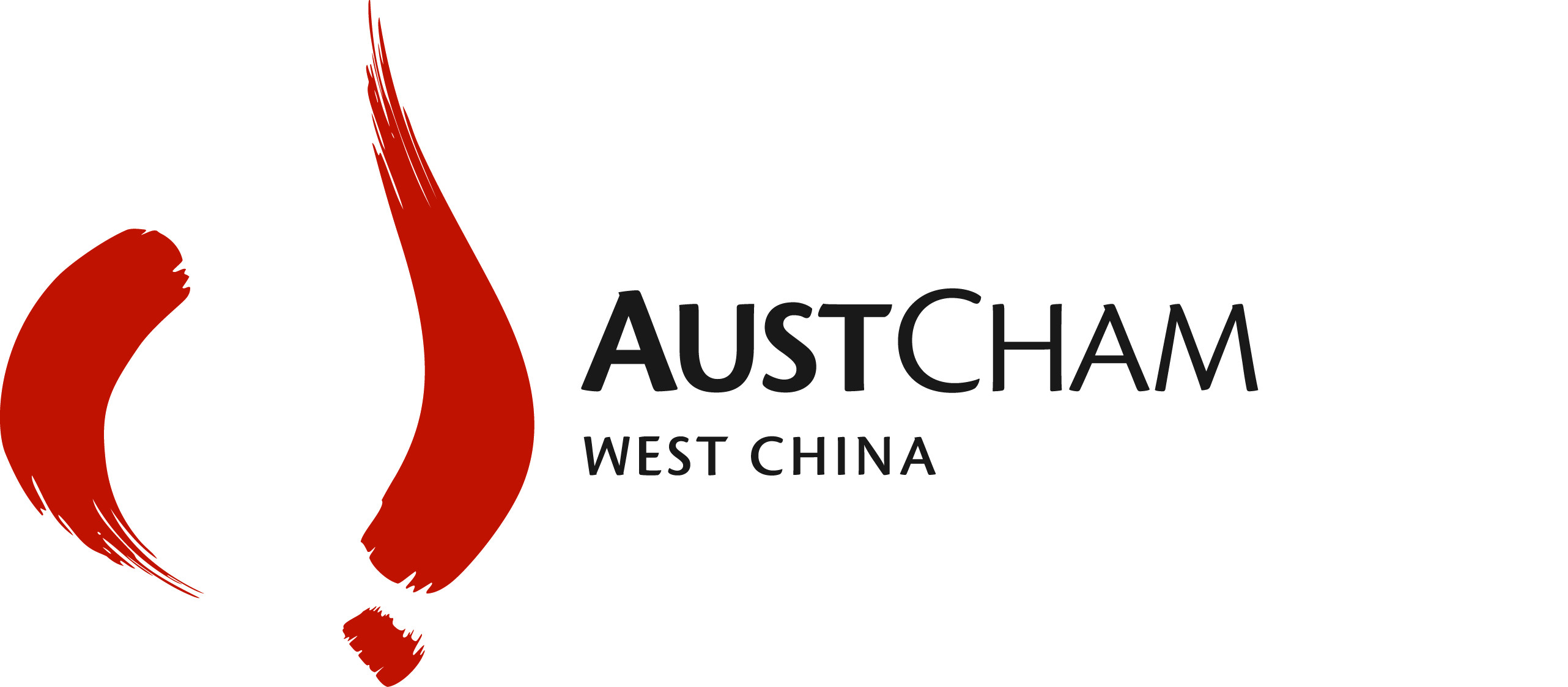In today’s Talking Points: Alibaba launches new wine platform; Weetbix sales rise following its appearance in Ode to Joy; Chinese demand for Australian beef and wine continues to grow after ChAFTA; Australian Agricultural Minister Barnaby Joyce refutes claims by One Nation that halal products are driving up grocery prices.
Alibaba launches new wine platform
Alibaba has launched a new wine platform in response to increased searches for wine among its online users. Edith Huang, of Alibaba’s TMall Direct Import Division, stated, ‘This wine platform will offer chateaux the chance to tell their own story and sell directly.’ Producers will be able to create their own pages on the site, and are responsible for bringing their wine into China. But bottles will transit through Alibaba’s own warehouses before being distributed to customers, and payment will only be made on sale, not in advance. Hubert Lagrue of Bordeaux-based wine brokerage house Gardère-Haramboure, commented that Alibaba’s new platform was both an opportunity and a potential threat to brokers and merchants.
Source: DecanterChina.com
Weetbix a hit in China after brand seen on popular TV drama
Following the airing of a scene in the Chinese TV drama Ode to Joy, demand for the breakfast cereal Weetbix has spiked dramatically. Todd Saunders, general manager of Sanitarium Health & Wellbeing, states, “We want to assure our customers that despite increased demand for Weet-Bix, Sanitarium has capacity to continue to supply our retail partners.” Not only has Sanitarium witnessed an increase in demand in its Chinese distribution chain, but Chinese expatriates living in Australia have purchased large quantities of Weetbix in a repetition of the ‘daigou’ (i.e. ‘buying on behalf of’) phenomenon which has seen supermarkets cleared out of infant formula and vitamin supplements. Nick Henderson of Asialink Business comments that in addition to the initial spark of interest caused by the celebrity endorsement, the Daigou phenomenon is self-perpetuating: “[It] is a key driving point for the popularity of these sorts of products, as sellers promote them in their own personal networks, which brings implied trust.”
Source: SmartCompany
Free trade agreement boosts high-end Aussie beef, wine imports to China
Since the China and Australia Free Trade Agreement, there has been an increase in business and people-to-people relations between the two countries. Chinese demand continues to grow rapidly for Australian goods, including demand for beef as one of Australia’s largest Wagyu beef producers, Mayura Station, is also trying to open up the Chinese market. According to Rabobank, analysts expect to see rapid growth continue in the beef market as China consumed about 8 million tons of beef last year — 10 times more than in 2010. Furthermore, Australia has been in competition in the fierce wine market, coming in second with a 24 percent share in the Chinese market behind France. As the Chinese middle class grows, this is only good news for Australian brands.
Source: CCTV
Is halal as bad as Pauline Hanson says?
According to One Nation (a particularly strong nationalist and conservative political party), halal imposes a religious ‘tax’ on Australian consumers by driving up prices of groceries and even potentially ‘funds terrorism’. In Australia alone, halal food exports generate about $8.5 billion per year, and a number of food manufacturers pay for halal certification to access the growing market. Agricultural Minister Barnaby Joyce explains that religion is a very small part of the trade, and that the cost of certification are highly unlikely to influence product pricing. However, One Nation believes that by buying these halal certified products, you are financially supporting the Islamization of Australia.
Source: news.com.au

